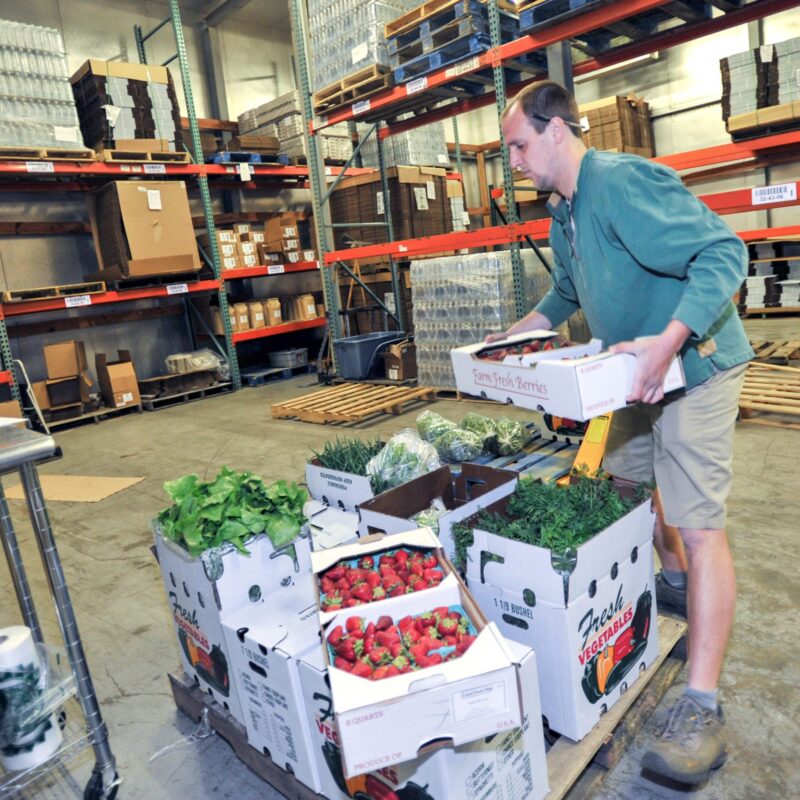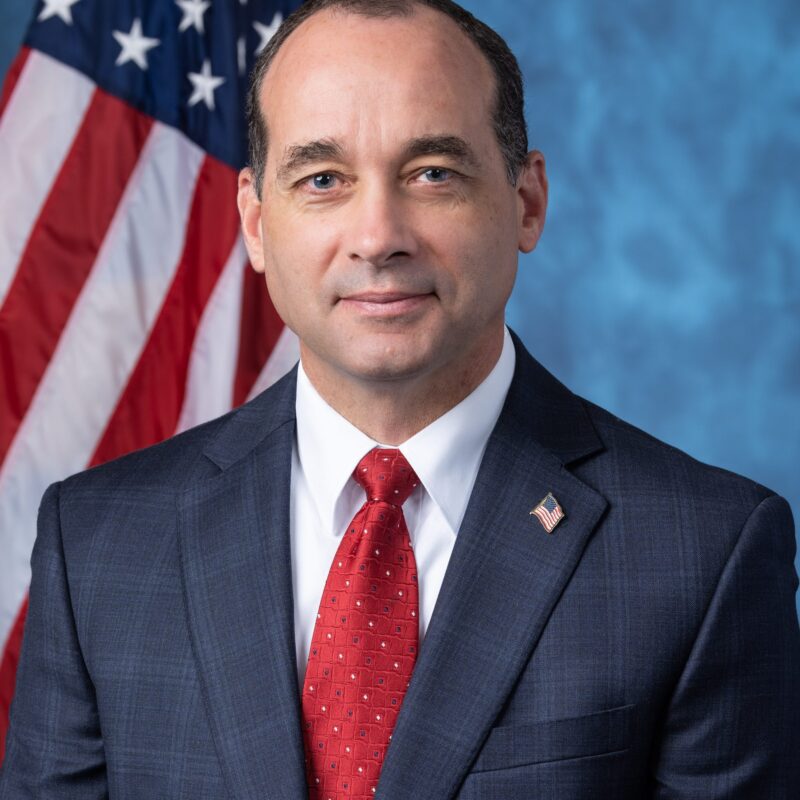The Sustainable Endowments Institute (www.endowmentinstitute.org), a young nonprofit based in Massachusetts, has issued a “sustainability” report card for the 100 North American colleges and universities with the largest endowments. Their grade for UVA? D+. Meanwhile, peer schools like Cornell, Duke and the University of Michigan were dubbed “Campus Sustainability Leaders.”
“I think it’s probably a more accurate reflection of where the University was a few years ago,” says John Quale, a UVA professor of architecture who is active in environmental design. “In fact, if you had asked me what I thought of that grade two years ago, I would have said that sounds about right.”
 Architecture professor John Quale thinks the D+ grade of a recent report isn’t a fair reflection of the current sustainability efforts at UVA, but he does hope it can motivate the University to improve even more. |
The grade is composed of seven subgrades for administration, climate change and energy, food and recycling, green building, endowment transparency, investment priorities and shareholder engagement. Only in the “green building” category did UVA have a decent showing, scoring a B largely for its efforts to adopt Leadership in Energy and Environmental Design (LEED) (www.usgbc.org/LEED) certification for all new buildings. Low marks came for recycling—the report calls UVA’s program “standard”—as well as for endowment transparency and shareholder engagement.
Quale says the recycling program is better than the grade reflects and that University Architect David Neuman has been the “match that got things going.” Quale’s optimistic about where the University is going. “I think we’re starting to see a much more widespread recognition across our society and across the University that we need to be serious about these issues.”
His major concern? “The missed opportunity is that I don’t see as much real productive coordination with the City and County. Frankly, that’s where real progress can be made.”
Carol Wood, UVA spokesperson, questioned the methodology of the report in a letter sent to the institute, which she shared with C-VILLE. “The heavy emphasis the report places on an institution’s endowment—three of the remaining categories graded—attempts to conflate economic theory and sustainability systems, and in the process misrepresents the project to those who participated,” Wood wrote. After highlighting the LEED efforts, she listed projects not cited on the report card: a water conservation plan, the use of biodiesel blend fuel in buses, and an improved storm-water system. “Given the importance of this issue, we would welcome further discussion of the University’s programs that apparently eluded your researcher.”
But putting aside administrative disappointments, Quale says the important message is: “Let’s make sure the next time they do this that we have some real hard information to send to the people who do this kind of grading system and see us get up to at least a B.”
C-VILLE welcomes news tips from readers. Send them to news@c-ville.com.





